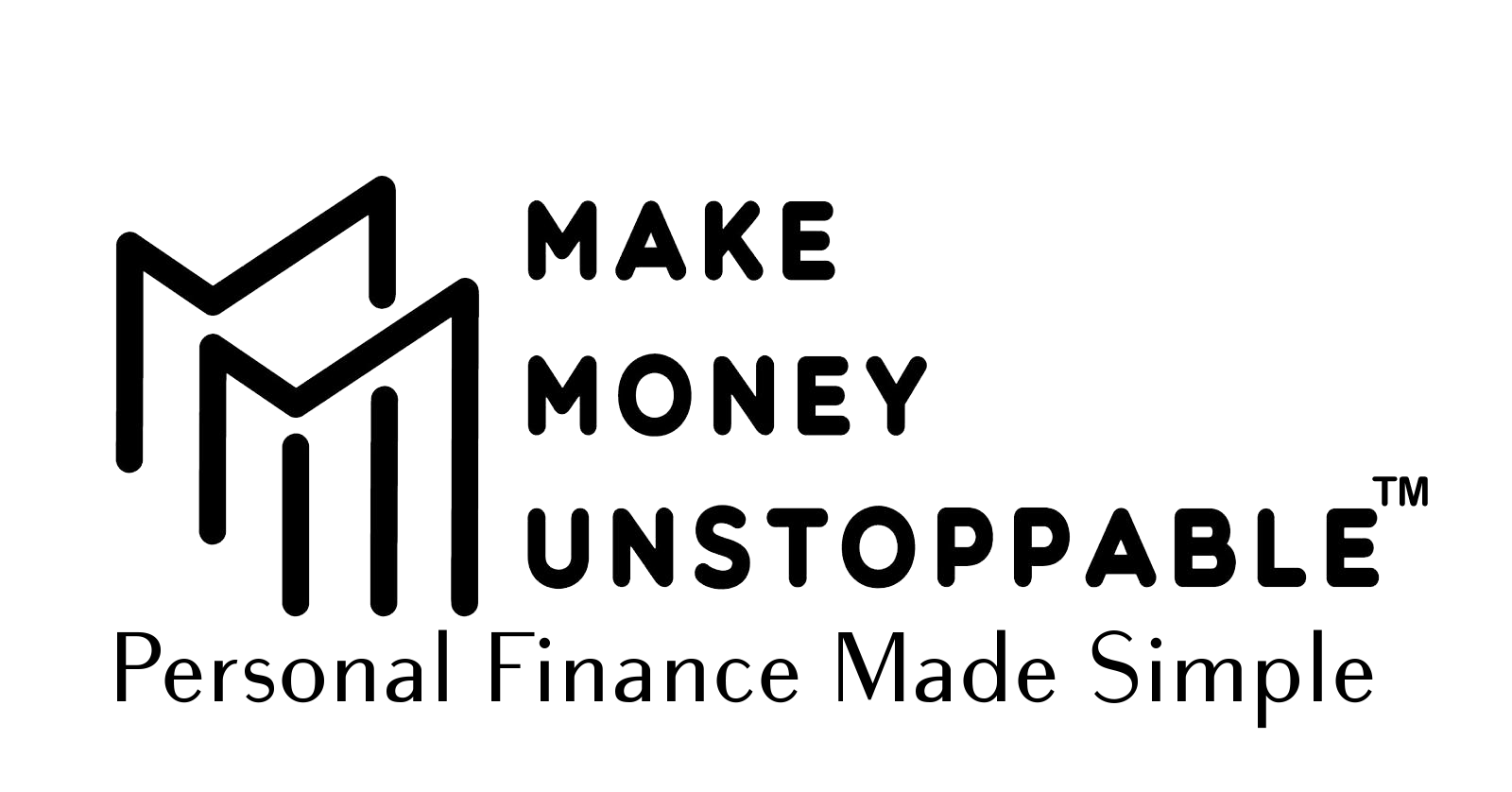
Decluttering Your House and Your Life: A Complete Guide to Simplify, Organize, and Live Life
Introduction: The Power of Decluttering
In a world overflowing with possessions, distractions, and obligations, the act of decluttering your house and your life is more than just tidying up; it’s a transformative lifestyle shift. In today’s fast-paced world, clutter seems to creep up into every corner of our lives, our homes, our minds, our schedules, and even our digital devices. Clutter, whether physical or mental, creates stress, reduces productivity, and clouds your sense of purpose. By embracing a minimalist mindset and living intentionally, you can reclaim your space, your time, and your peace of mind.
This comprehensive blog will walk you through practical strategies to declutter your home, declutter your mind, streamline your routines, and simplify your life. Whether you’re overwhelmed by physical mess or mental overload, these proven techniques may help you create a more organized, focused, and fulfilling existence.
Last Updated: April 17, 2025

Disclaimer:I am not a licensed financial advisor, financial planner, tax professional, or attorney. The information provided in this blog is for general informational and educational purposes only and should not be construed as professional advice. Always consult with a qualified expert before making financial, legal, or tax-related decisions.
Part 1: Decluttering Your House: Room-by-Room Strategy
1.Entryway Organization: Setting the Tone for Your Home
Your entryway is the first impression of your home and the gateway to your mindset. A clutter-free entrance creates a sense of calm and order from the moment you walk in.
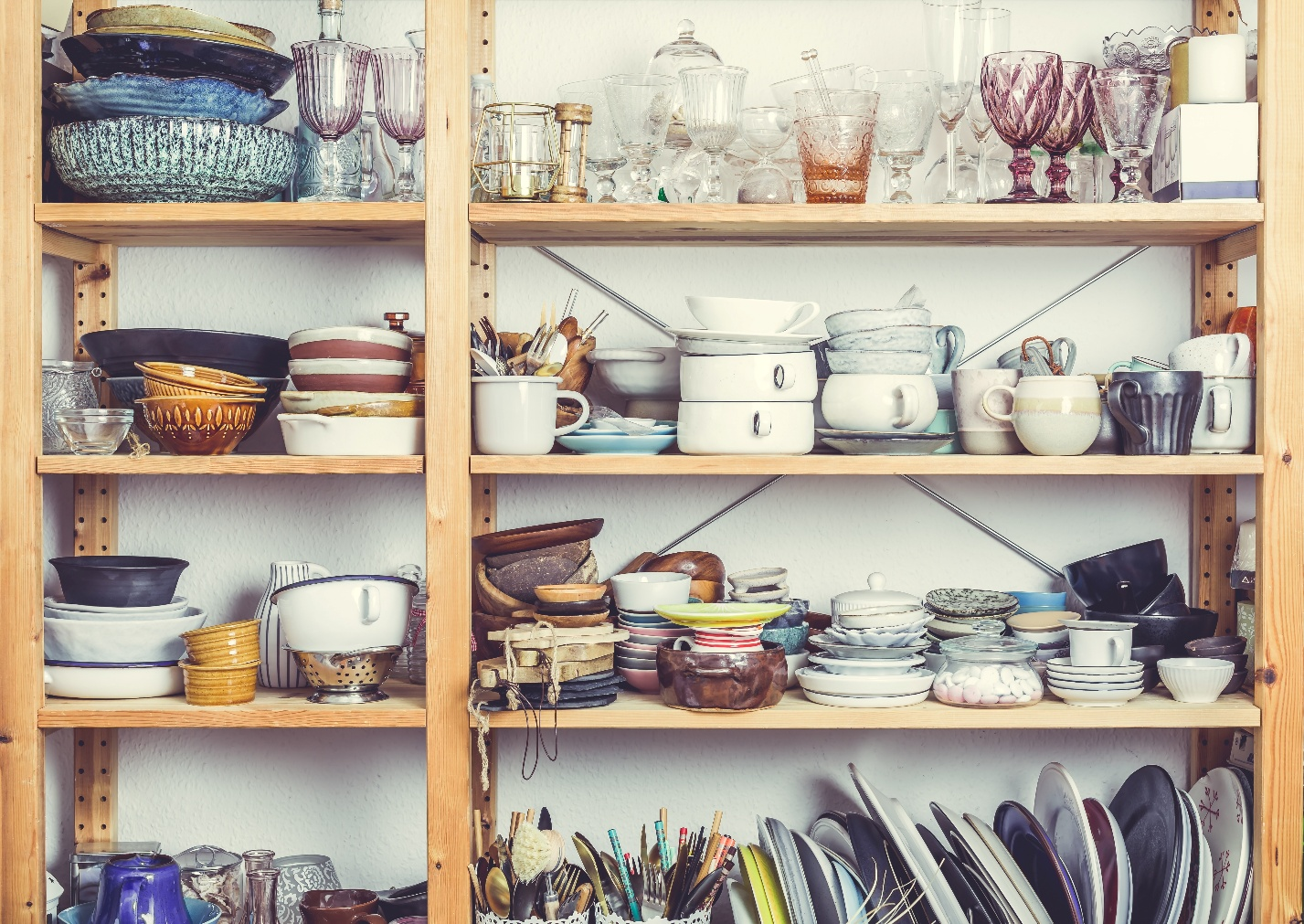
Decluttering Tips:
You may:
- Install wall-mounted hooks for keys, bags, and coats to reduce surface clutter
- Use a small tray or basket for mail and miscellaneous items to prevent paper buildup
- Limit shoes to one pair per person in the entry area to maintain floor space
- Add a mirror or light fixture to enhance openness and brightness
2.Kitchen Decluttering: Streamlining the Heart of Your Home
The kitchen is often the most cluttered room and the most used. A streamlined kitchen helps make cooking more enjoyable and less stressful.
Decluttering Tips:
You may:
- Remove expired pantry items and unused spices to free up shelf space
- Donate duplicate appliances and gadgets to reduce cabinet overload
- Use drawer organizers, clear containers, and shelf risers for efficient storage
- Designate zones for prep, cooking, and storage to improve workflow
- Keep countertops clear except for daily-use items to maintain visual simplicity
Unlock your financial freedom.
Download this FREE eBook!.
How to make $100,000/month? Stop being average and think big.

Stop Settling. Start Scaling.
Unlock the mindset, systems, and strategies top earners use to build unstoppable income.
Think Bigger. Earn Smarter.
This free eBook serves as your blueprint for scaling quickly, earning relentlessly, not settling for mediocrity, and living life on your terms.
Inside, you’ll discover:
- The Millionaire Mindset Blueprint
- Income streams that run on autopilot
- Entrepreneur hacks for focus and financial dominance
- One strategy to launch multiple income streams
- How to break free from “just enough”
- Tools to crush limiting beliefs and build your empire
Average doesn’t scale. Vision does. Download now and start your $100K/month transformation.
Yes, this eBook is free. Just drop in your email here to get instant access. ONE eBook per email.
The eBook is sent automatically and should arrive within minutes. Depending on your email provider, it may appear in your Spam or Promotions folder. While we don’t control its exact placement, you can be confident it has been dispatched and is waiting for you.
PLUS: Get Access to exclusive financial tips, learn everything about money and get early blog updates – delivered directly to your inbox .
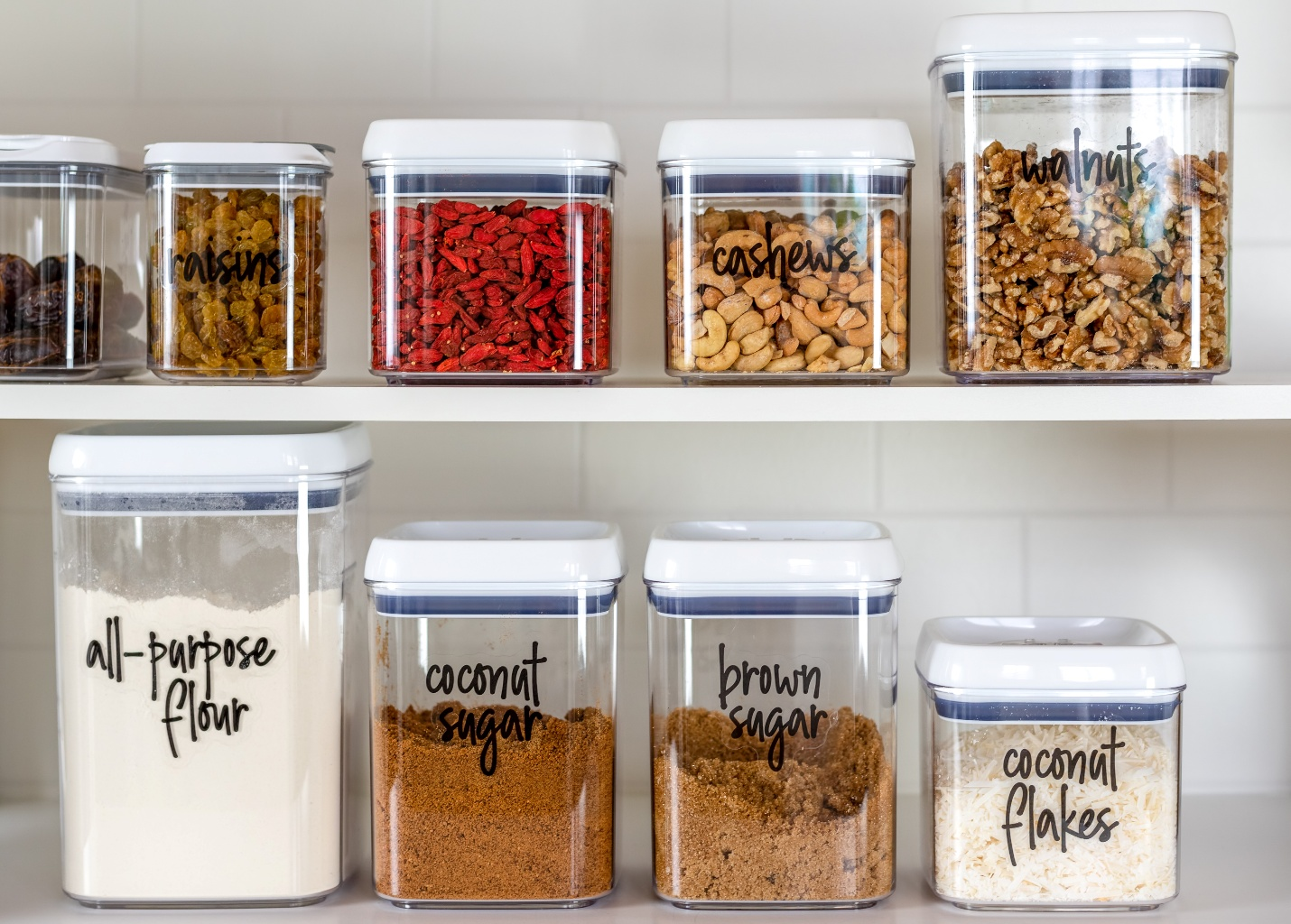
3.Living Room Decluttering: Creating a Space for Relaxation
Your living room should be a place to unwind, not a dumping ground for clutter. A clean, organized living room promotes relaxation and connection.
Decluttering Tips:
You may:
- Remove excess furniture and decorative items to open up space
- Less is more
- Use baskets or bins for remote controls, chargers, and magazines to reduce surface mess
- Keep surfaces like coffee tables and shelves minimal for a clean aesthetic
- Rotate decor seasonally to keep the space fresh and intentional
- Create designated zones for reading, entertainment, and conversation
4.Bedroom Decluttering: Building a Sanctuary for Rest
A cluttered bedroom disrupts sleep and peace of mind. Your bedroom should be a retreat from the chaos of daily life.

Decluttering Tips:
You may:
- Keep nightstands clear, limit to a lamp, book, and water to reduce distractions
- Store seasonal clothes in bins or vacuum-sealed bags to free up closet space
- Use under-bed storage for linens or shoes to maximize space
- Remove electronics and screens to promote restful sleep
- Choose calming colors and minimal decor to enhance tranquility
5.Bathroom Decluttering: Simplifying Your Morning Routine
A tidy bathroom makes mornings smoother and evenings more relaxing. Decluttering this space helps improve hygiene and efficiency.
Decluttering Tips:
You may:
- Toss expired skincare, makeup, and medications safely to maintain calm
- Use drawer dividers for toiletries and grooming tools to prevent clutter
- Limit countertop items to daily essentials for a clean look
- Install shelves or cabinets for vertical storage to maximize space
- Keep towels and linens neatly folded and accessible for convenience
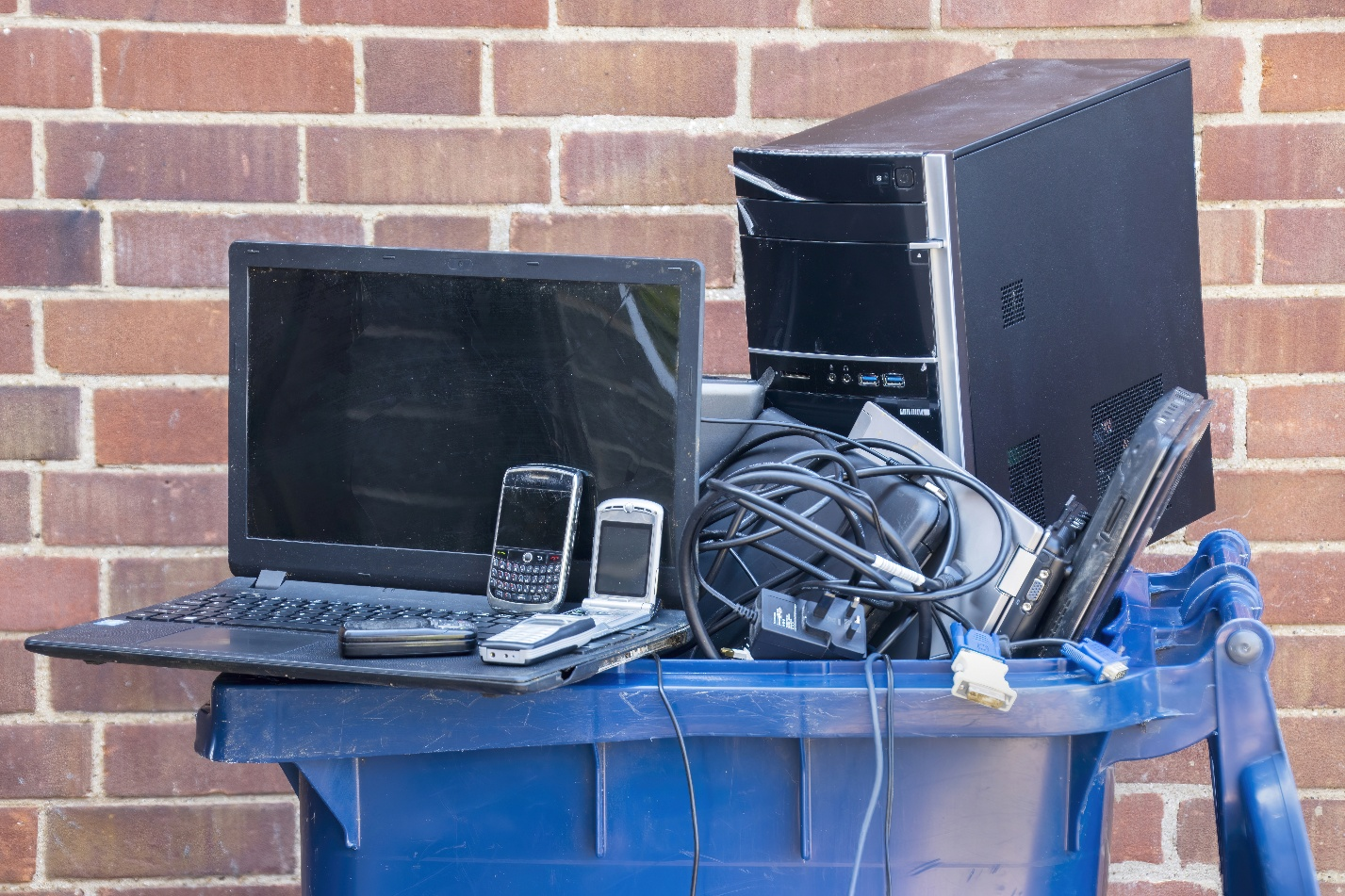
Garage and Storage Spaces: Taming the Hidden Chaos
Garages, basements, and attics often are full of clutter. No wonder people hoard their excesses in public storage, and the sad part of it is, they are paying for it each month. Decluttering these spaces frees up valuable storage and may help reduce stress and save money, too.
Decluttering Tips:
You may:
- Use labeled bins for seasonal items, tools, and sports gear to stay organized
- Hang bikes, ladders, and garden tools to free up floor space
- Schedule quarterly clean-outs to prevent buildup and maintain order
- Create zones for automotive, gardening, and recreational items to streamline access
- Avoid storing items that fall into the “just in case I may need it in the future” category. Be intentional with what you keep
Part 2: Decluttering Your Life: Mental, Emotional, and Digital Wellness
1.Mental Decluttering: Clearing Your Headspace
Mental clutter may include racing thoughts, indecision, and overwhelm. Clearing your mind of these may help improve focus, creativity, and emotional balance.

Decluttering Tips:
You may:
- Practice daily journaling to process thoughts and emotions
- Use meditation or breathwork to calm the nervous system
- Limit multitasking: focus on one task at a time for better results
- Schedule regular mental breaks throughout the day to recharge
- Create a quiet space for reflection and solitude to foster clarity
2.Emotional Decluttering: Release What No Longer Serves You
Emotional clutter may include unresolved conflicts, toxic relationships, and lingering guilt. Letting go of these may help create space for healing and growth.
Decluttering Tips:
You may:
- Reflect on relationships that drain your energy and set boundaries
- Practice forgiveness and emotional release to lighten your emotional load
- Avoid emotional hoarding: let go of past regrets and resentments
- Focus on present-moment awareness and self-compassion
- Cultivate emotional resilience through self-reflection and intentional choices

3.Digital Decluttering: Reclaim Your Attention
Digital clutter can be just as overwhelming as a physical mess. Streamlining your devices may help reduce distraction and improve focus.
Decluttering Tips:
You may:
- Unsubscribe from unnecessary email lists and notifications to reduce inbox overload
- Delete unused apps and organize your home screen for better navigation
- You may use cloud storage to back up and clean your files for digital security. But it may cost you.
- Limit screen time with intentional usage boundaries to protect your attention and safeguard your valuable time on Earth
- Organize digital folders and photos regularly to maintain continued order and reduce chaos
Part 3: Decluttering Your Schedule: Your Time Is Your Most Valuable Asset

1.Simplifying Your Calendar
A cluttered schedule may lead to burnout and resentment. Streamlining your commitments can help create space for rest and creativity.
Decluttering Tips:
You may:
- Use time-blocking to structure your day and improve productivity
- Say “no” to non-essential meetings and events to protect your energy
- Automate recurring tasks like bill payments and grocery orders
- Prioritize tasks based on urgency and importance to stay focused
- Schedule downtime and self-care intentionally to maintain balance
2.Decluttering Your To-Do List
Long to-do lists can be paralyzing right from the get-go. Many may even give up before they get a chance to start. A focused task list improves productivity and reduces stress.

Decluttering Tips:
You may:
- Prioritize tasks using various methods
- Break large tasks into smaller, actionable steps to avoid overwhelm
- Use productivity tools to track progress and deadlines
- Eliminate tasks that don’t align with your goals or values
- Review and revise your list weekly to stay on track
Part 4: Decluttering Habits: Build a Minimalist Lifestyle
1.Adopting Sustainable Decluttering Habits
Decluttering isn’t a one-time event; it’s a lifestyle shift. Sustainable habits may help prevent clutter from creeping back in. But you must develop those habits first before you can put them into action.
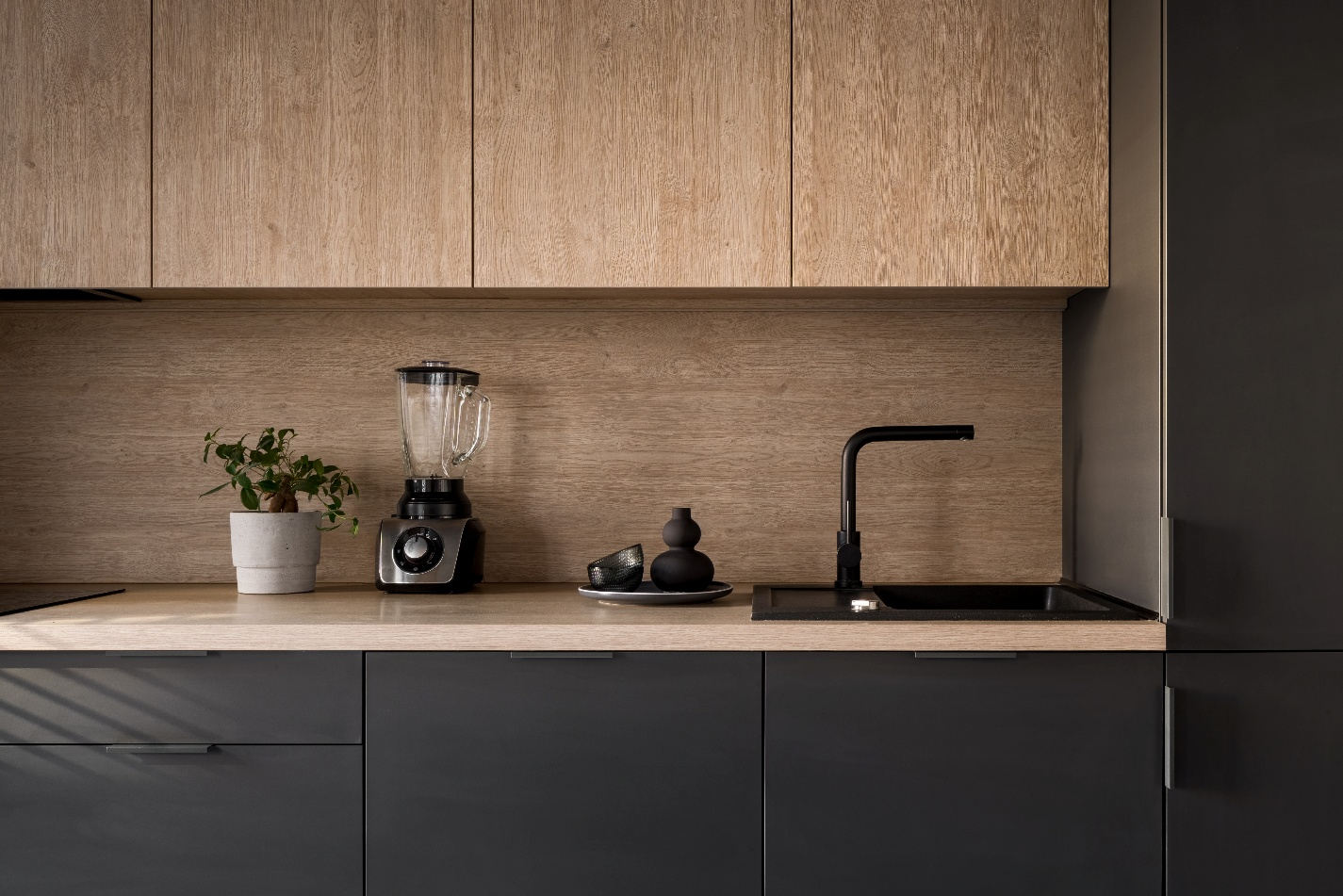
Decluttering Tips:
You may:
- Use the “one in, one out” rule for purchases to maintain balance and harmony at home
- Do weekly 10-minute tidy-ups in each room to stay ahead of mess
- Keep a donation box in your closet or garage for ongoing purging
- Avoid impulse buying and emotional shopping to reduce accumulation
- Cut down on consumption and buying stuff you do not need
- You may focus on relationships and traveling instead
- Practice mindful consumption and intentional ownership
2.Practicing Intentional Living
Minimalism isn’t about deprivation; it’s about living with purpose and intent. Intentional living may help you focus on what truly matters.
Decluttering Tips:
You may:
- Focus on experiences over possessions to help cultivate joy
- Practice gratitude and mindfulness daily to stay grounded
- Revisit your values and goals monthly to stay aligned
- Create a vision for your ideal lifestyle to guide decisions
- Align your environment with your priorities for lasting change

Part 5: Decluttering Before Major Life Events
1.Decluttering Before Moving: Packing Light, Living Freely
Moving may be the perfect opportunity to reassess what you truly need and discard what you don’t. Decluttering before a move helps save time, money, and stress. And the best part of all, your moving costs may come down.
Decluttering Tips:
You may:
- You may need to start early by planning at least 4–6 weeks before your move
- Use the “keep, donate, toss” method for every item
- Label boxes by room and priority to streamline unpacking
- Digitize important documents to reduce paper clutter
- You may sell valuable items to hopefully help offset moving costs
Real-Life Example: Before relocating to a new city, an executive reduced her belongings by 40%. She donated clothes she hadn’t worn in a year, sold unused furniture, and digitized her paperwork. Her move was smoother, cheaper, and emotionally lighter.
I donate items that have not been used in 2 years. That’s a lot of time it has been collecting dust. But if I had donated them earlier, it would have benefited someone. Now I’m more mindful of what I truly need.
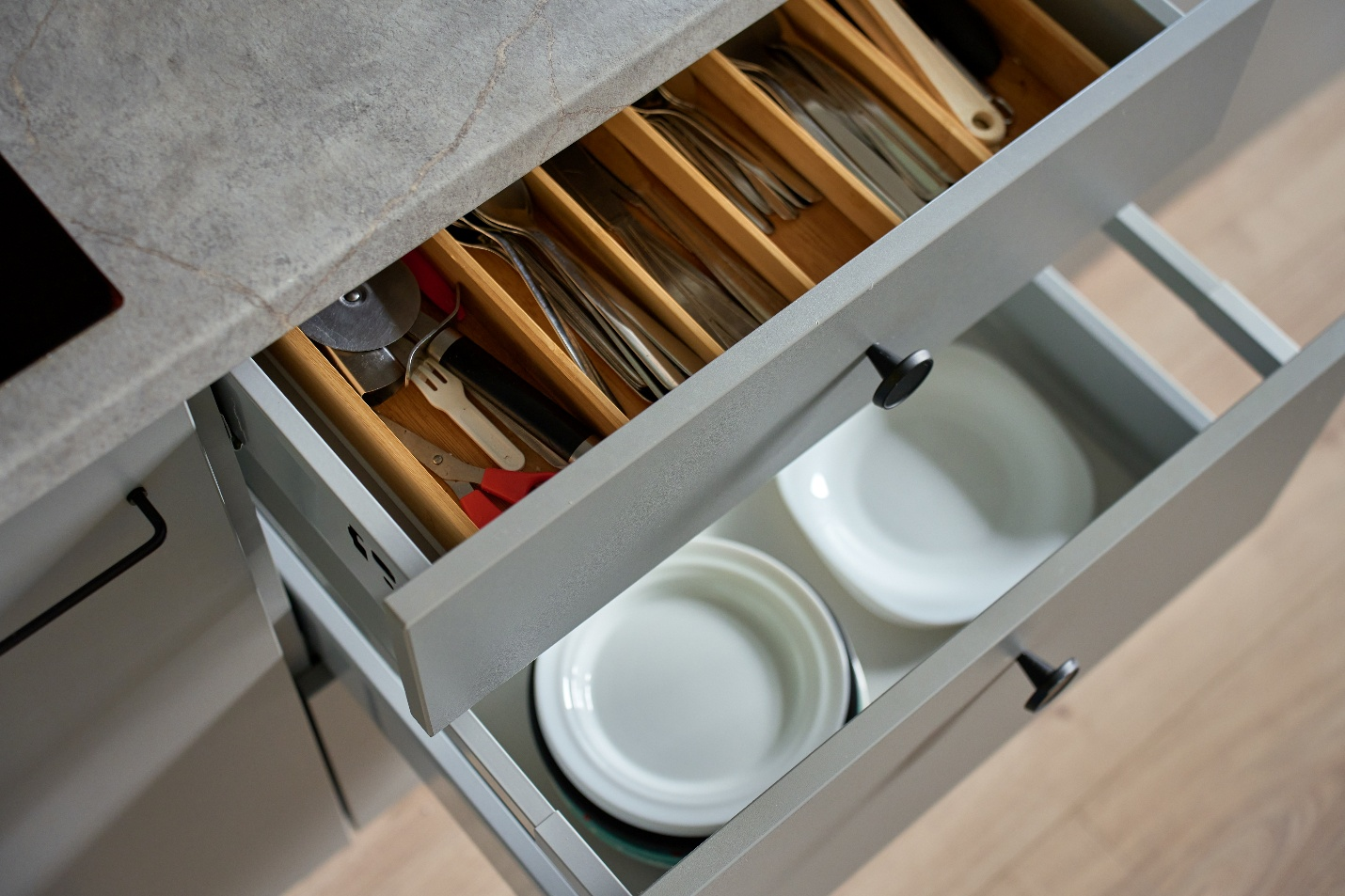
2.Decluttering for Families: Organizing Chaos with Kids
Family life comes with toys, clothes, schoolwork, and endless and needless stuff. Decluttering stuff helps teach responsibility and may help create a calmer home. Less clutter means more peace of mind and having less stuff to trip on.
Decluttering Tips:
You may:
- Involve kids in the process by making it a game or challenge
- Rotate toys monthly to reduce clutter and increase engagement
- Keep it simple and efficient
- Use labeled bins and color-coded systems for easy cleanup
- Create a family command center for schedules, mail, and keys
- Declutter clothing seasonally and donate outgrown items
Tool Tip: There are many apps to help track inventory and have an organized cleaning schedule with your family.
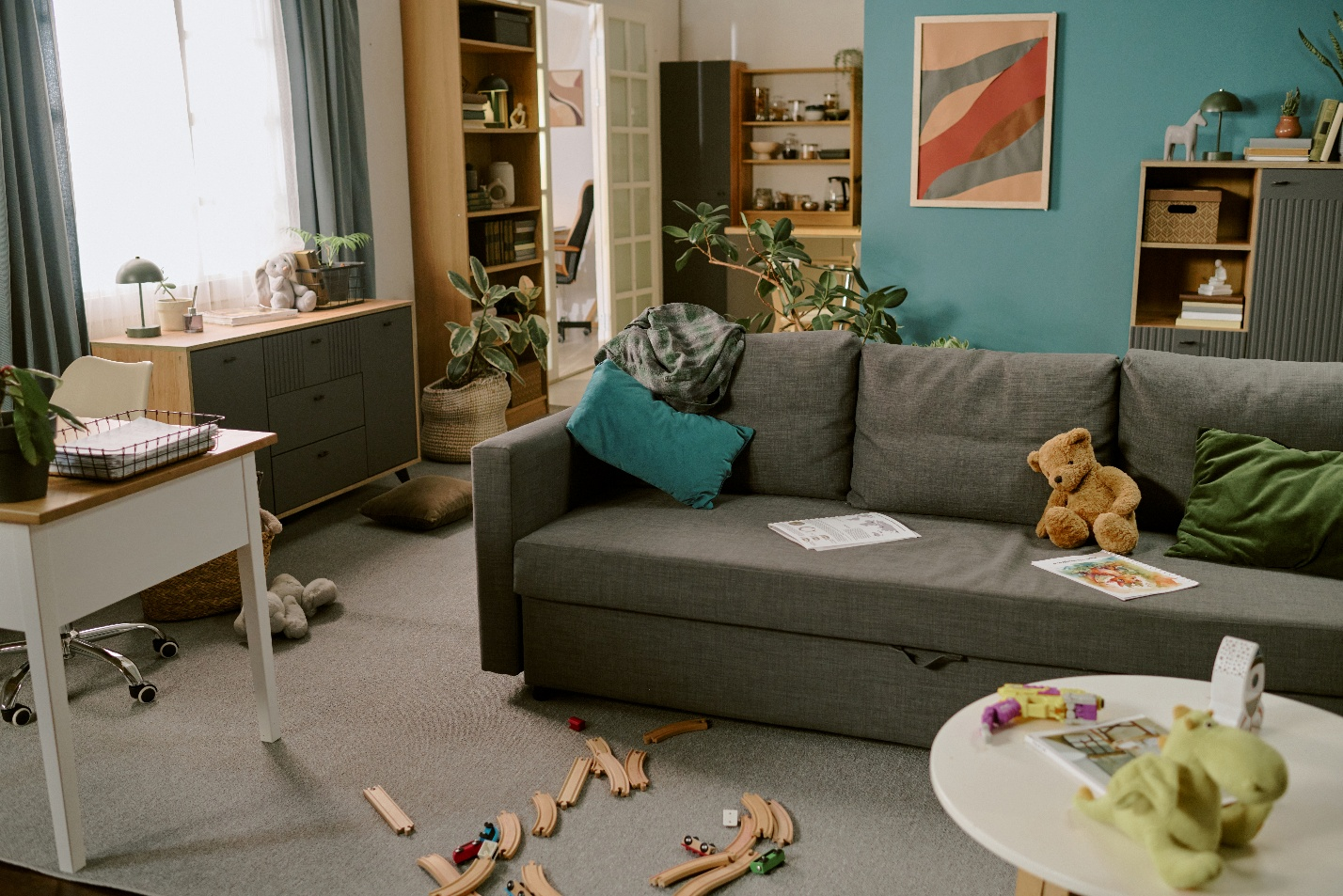
3.Decluttering for Seniors: Safety and Simplicity
For older adults, decluttering isn’t just about aesthetics; it’s about safety, accessibility, and peace of mind.
Decluttering Tips:
You may:
- Remove trip hazards like loose rugs and excess furniture
- Install grab bars and clear pathways for mobility
- Simplify wardrobe choices to reduce decision fatigue
- Organize medications and health documents for easy access
- Preserve sentimental items digitally to save space
- Focus on saving important documents and, most importantly, remember where you keep them

Part 6: Tools and Resources to Support Decluttering
1.Must-Have Decluttering Tools
Using the right tools can make decluttering faster and more effective.
Tool | Purpose | Benefit |
Label Maker | Organize bins and shelves | Easy identification |
Clear Storage Bins | Store seasonal or rarely used items | Visual clarity |
Donation Box | Collect items to give away | Encourages purging |
Drawer Dividers | Organize small items | Prevents mess |
Vertical Shelving | Maximize space | Efficient storage |
2.Apps for Decluttering and Organization
Digital tools may help you stay on track and build lasting habits. There are many apps out there. You will need to choose the one that fits your needs.
- Organize tasks and declutter projects with visual boards
- Inventory your belongings with photos and categories
- Schedule and track cleaning routines
- Store digital notes, receipts, and documents
- Clean up your email inbox by unsubscribing in bulk. Choose what you want to keep.
Part 7: Decluttering Mindsets: Overcoming Emotional Blocks
1.Why Decluttering Feels Hard
Letting go of possessions may trigger anxiety, guilt, or fear. Understanding the emotional roots may help you cope with them and move forward.

Here are a few Common Emotional Blocks:
- Sentimental Attachment: This reminds me of someone I love
- Fear of Waste: I might need this someday
- Identity Ties: This represents who I used to be
- Guilt: It was a gift; I can’t get rid of it
Mindset Shift: Ask yourself: Does this item support the life I want to live today? If not, it may be okay to release it with gratitude, if you wish to.
2.Cognitive Benefits of Decluttering
Decluttering isn’t just physical. It may help rewire your brain for clarity and calmness.
Science may help support it:
- Reduces cortisol levels (stress hormone)
- Improves decision-making and focus
- Enhances sleep quality and emotional regulation
- Boosts productivity and creativity
- Feeling light
- Having more space around you to move around
- Having less burden to carry
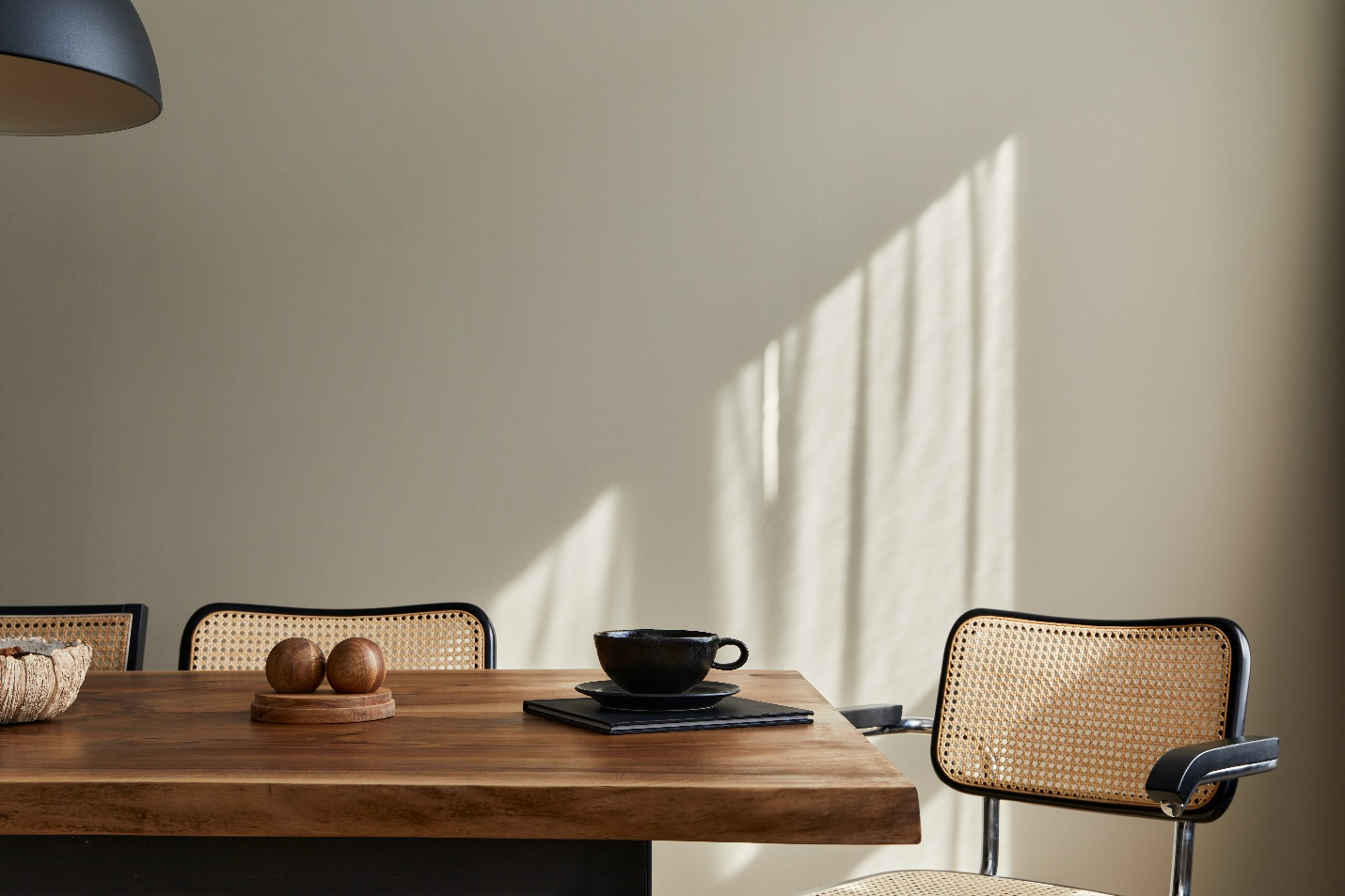
Part 8: Maintaining a Clutter-Free Life
1.Building a Decluttering Routine
Consistency is key. A routine may help prevent clutter from creeping back in.
Weekly Habits that may help:
- 10-minute tidy-up per room
- Review and purge one drawer or shelf
- Empty inbox and digital folders
- Revisit goals and adjust your environment accordingly
Monthly Habits:
- Donate unused items
- Deep clean one area of your home
- Take it one room at a time, not the whole house
- Reflect on what’s adding value to your life
2.Decluttering as a Lifestyle Philosophy
Minimalism isn’t about having less; it’s about making room for more of what matters.
Core Principles:
- Intentionality: Choosing what you allow into your life
- Simplicity: Reducing complexity for peace of mind
- Presence: Focus on the now, not the past or future
- Freedom: Let go of the excess to gain clarity and control
Conclusion: Embracing Minimalism and Decluttering for a Better Life
Decluttering your home and embracing a minimalist lifestyle is more than a trend; it’s a powerful way to reduce stress, increase productivity, and create a peaceful living environment. By organizing your space, eliminating excess, and simplifying your daily routines, you may pave the way for mental clarity and emotional well-being. Whether you’re downsizing your wardrobe, streamlining your kitchen, or organizing your digital life, each step toward a clutter-free home may bring you closer to intentional living and lasting happiness.
Start your decluttering journey today with small, consistent actions that may align with your goals. Use proven home organization tips, minimalist living strategies, and time management techniques to stay on track. Remember, a tidy home may lead to a tidy mind, and the benefits of decluttering may extend far beyond your physical space. Reclaim your time, rediscover your passions, and enjoy the freedom that comes with living simply and purposefully.
From Experience to insight : Transformational reads for the Strategic mind
Foundational readings for big shifts:
- How to Track Spending without Getting Overwhelmed
- The 7-Day Money Reset Plan: Take Back Control In Just One Week
- Are You Throwing Away $5,000 a Year on Food Waste Without Realizing It?
- The Real Cost of Owning a Big Home
- The Psychology of Spending: Why We Overspend and How to Stop It
- Mastering the Envelope Method
Author: Vaidya Selvan
Welcome to Make Money Unstoppable Personal Finance Made Simple, a blog born out of necessity, a space created from real-life experiences, hard-earned lessons, and a deep-seated desire to share what I wish someone had taught me or had known sooner.

Newsletter Invite
Want more real-world information on Money? Join my newsletter for practical tips, updates on my books, and strategies to help you build financial freedom on your terms.
Yes, the eBook is also free. Just drop in your email here to get instant access. ONE eBook per email.
The eBook is sent automatically and should arrive within minutes. Depending on your email provider, it may appear in your Spam or Promotions folder. While we don’t control its exact placement, you can be confident it has been dispatched and is waiting for you.
#FinancialFreedom #Newsletter #MoneyTips
